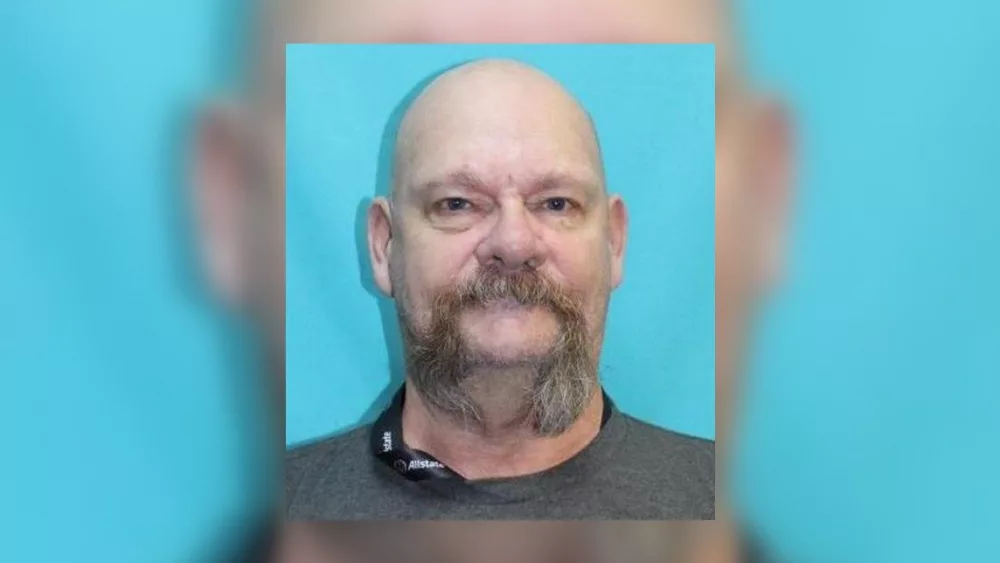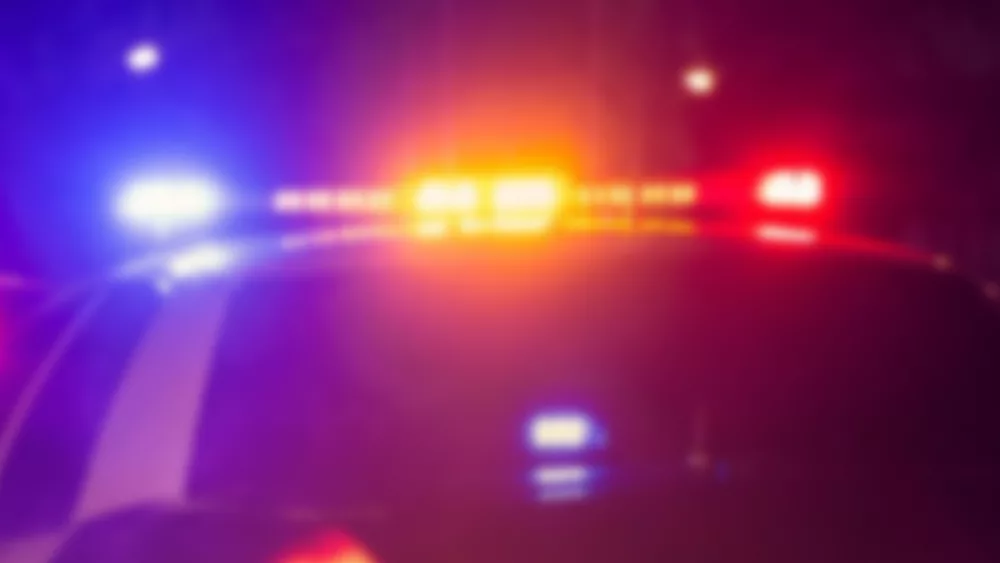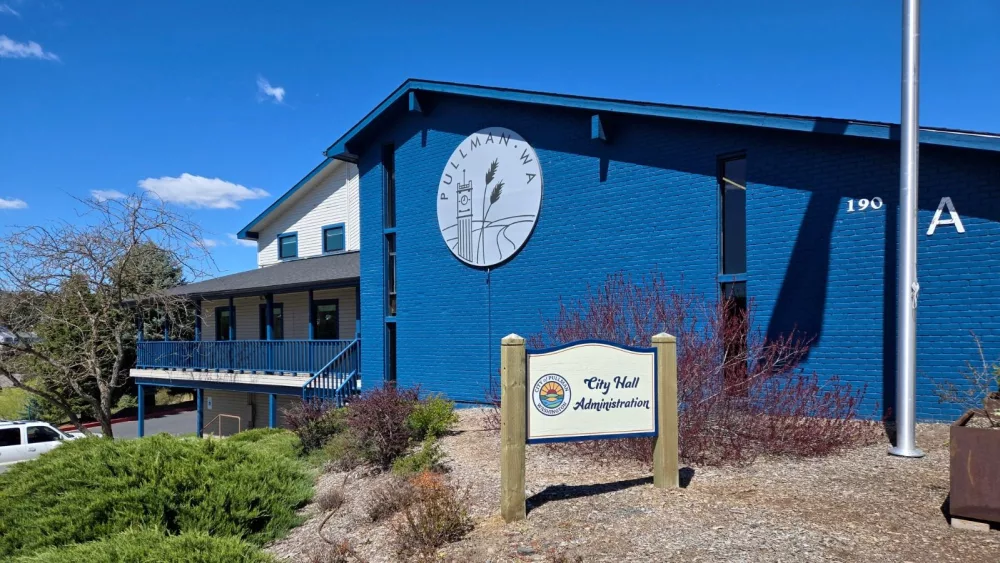(The Center Square) – As the Washington State Attorney General’s Office continues work on a database for police use of force incidents, a House bill would set up a 13-member commission within that same office to develop a data collection process on incidents of “domestic violent extremism,” or DVE.
Although the term DVE is not defined in the bill, under State Attorney General Bob Ferguson’s description it would include noncriminal activities or speech.
HB 1333 sponsored by Rep. Bill Ramos, D-Issaquah, creates a Domestic Violent Extremism Commission to develop ways to combat “disinformation and misinformation,” though the two words are not defined in the bill. Also not defined is the term DVE.
The legislation is derived from a recommendation by the Attorney General’s Office own 2022 “Domestic Terrorism” study, which cautioned that “effective State intervention to address these threats has the potential to implicate speech or association that may be protected by the First Amendment, or the individual right to bear arms protected by the Second Amendment.”
Among the report’s recommended was the creation of a commission to explore not just data collection, but potentially adding a definition of DVE to state statue. State law already addresses hate crimes, and the FBI defines “domestic terrorism” within the context of actual crimes or intent to commit a crime.
However, the attorney general’s 2022 report argues that “rather than exclusively address ‘domestic terrorism’ per se, these recommendations seek to best support Washington State to respond to this panoply of challenges, which together combine to create the threat of—and indeed, are often precursors to—acts of domestic terrorism.”
The commission would also examine ways to treat DVE as a public health issue, though the state Department of Health is not included on the commission or mentioned in the bill. The commission would only have a member with “an expertise in public health” and would be appointed by the attorney general.
The bill is intended to take preemptive measures to stop actual domestic terrorist acts through community intervention. Testifying in support of HB 1333 at its Jan. 24 public hearing in the House State Government & Tribal Relations Committee, Snohomish County Councilmember Megan Dunn told legislators that “as local electeds, we have limited options in reporting, tracking, or collecting data, and we often have limited resources or solutions for combatting serious misinformation related to domestic violence extremism. We know incidents are not reported or underreported, and that data is the first step to determining the scope of the issue before we move forward with solutions.”
However, critics argue that it could easily lead to situations like that in 2021, the National School Boards Association, or NSBA, sent a memo to the Biden Administration asking that it treat parent protesting during public comment at local school board meetings as “a form of domestic terrorism” under the PATRIOT Act.
Several state attorney generals filed lawsuits against both NSBA and the Biden Administration over the incident in an effort obtain public documents on that memo.
In a letter from Attorney General Bob Ferguson included in the 2022 Domestic Terrorism study, he described DVE as follows:
“Various forms of extremist and political violence like threats, coercion, and intimidation, online disinformation, extremist recruitment and government infiltration efforts, and the general spread of extreme white supremacism and anti-government ideologies.”
In an analysis of the bill, Washington Policy Center Director Liv Finne wrote that the legislation “would criminalize certain forms of expression based on what members of a state commission consider to be their definition of ‘domestic extremism.’ Creating a state level ‘Ministry of Truth’ would not only undermine democratic norms, it would have a chilling effect on public debate, freedom of speech and civic participation in Washington state.”
In the original bill, the American Civil Liberties Union, or ACLU, would have been guaranteed a spot on the commission, but was removed via a committee amendment. In a brief statement, the ACLU declined to comment on the bill or its removal from the commission.
Part of the commission’s work would be developing ways to track data incidents of DVE, “including how data is collected, what triggers data collection, and how to ensure data is not disproportionately used against black, indigenous, and people of color communities or other communities.”
The commission would have to submit a report of its recommendations to the Attorney General’s Office by 2025, though the office would write its own final review “guided by the recommendations in the Attorney General’s 2022 domestic terrorism study.”
Testifying at HB 1333’s Feb. 20 public hearing in the House Appropriations Committee, Sue Coffman with informed Choice Washington warned that it’s “bad publicity to spend $500,000 on an unlawful effort,” adding that they should “focus on actual criminal activity and intent to commit a crime, and not upon the people who exercise their right to freedom of expression.”
Also opposed was ballot initiative sponsor Tim Eyman, who told the committee that the bill could result in people being investigation over their “views, their associations, and their friends,” with “no judicial oversight, no public viewing, no TVW.”
HB 1333 was voted out of the Appropriations Committee on Feb. 23.




